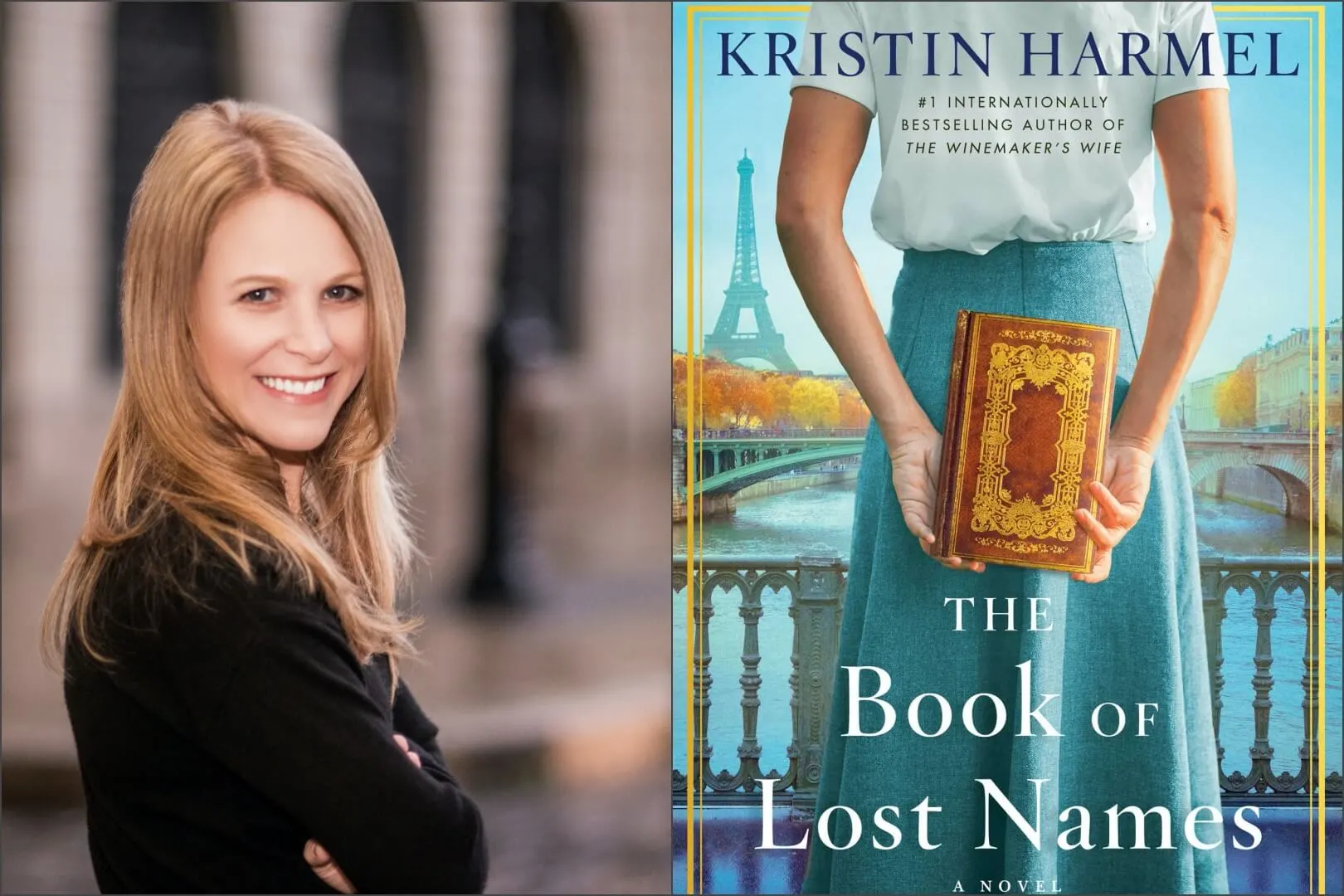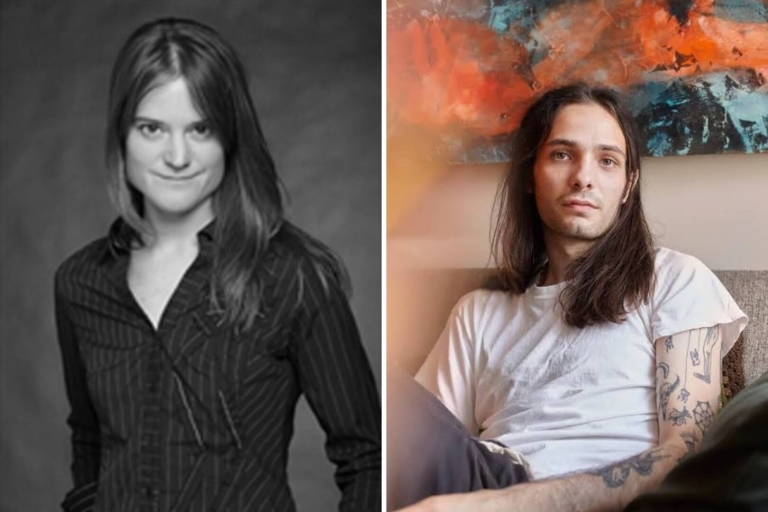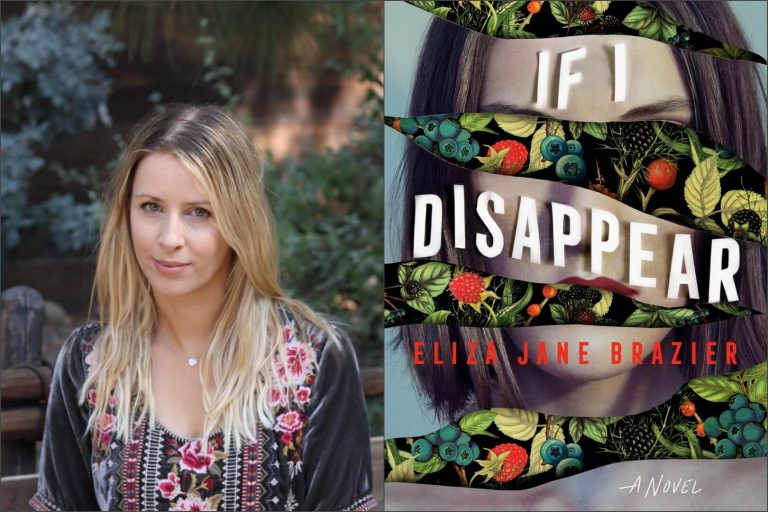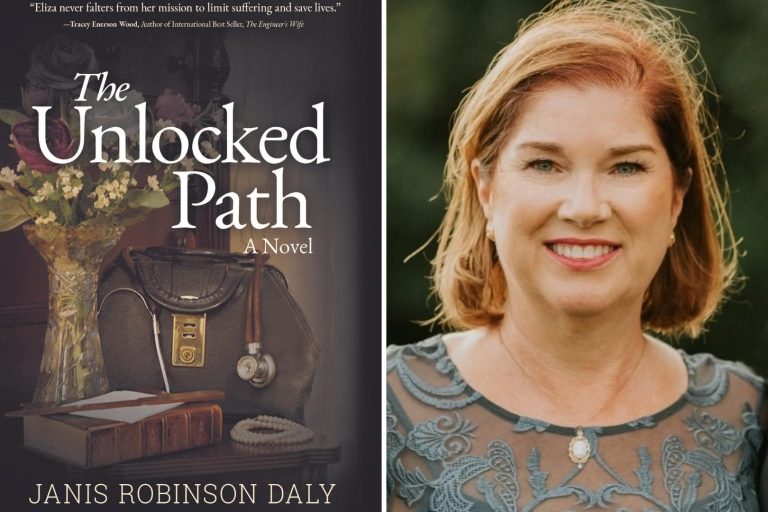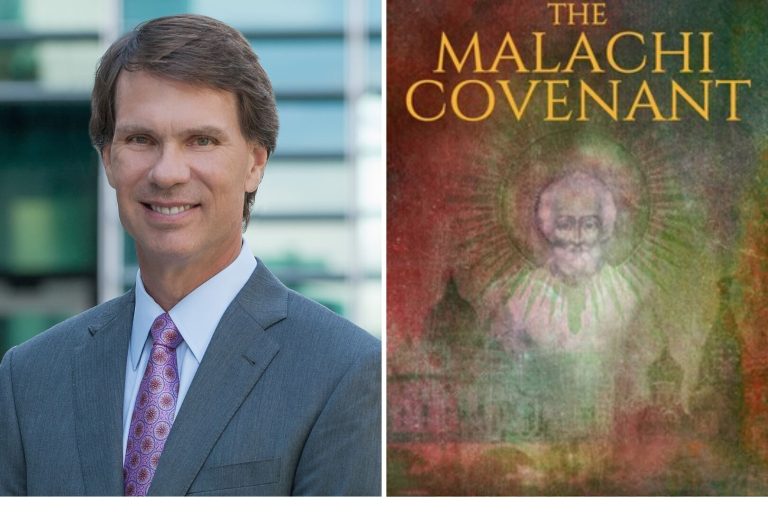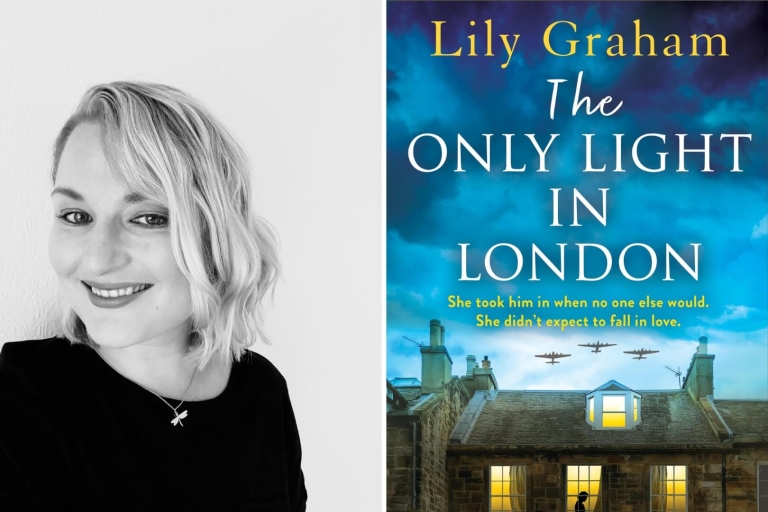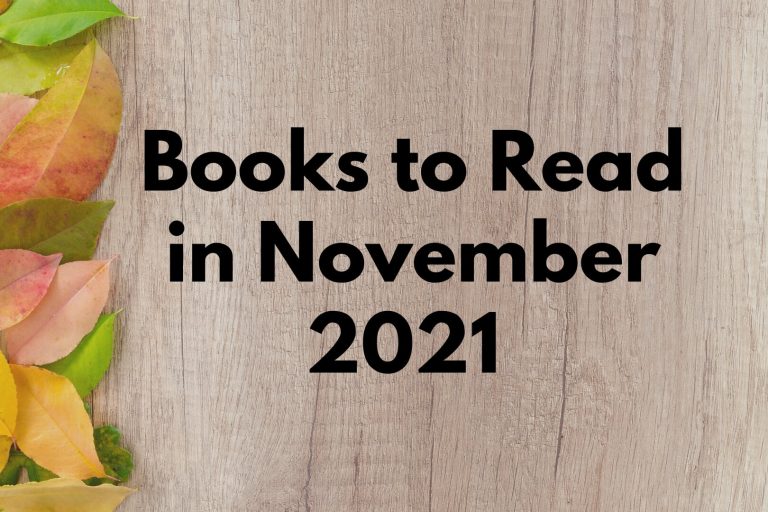Kristin Harmel is the author of The Book of Lost Names. She’s an international bestselling novelist whose books have been translated into numerous languages and are sold all over the world.
A former reporter for PEOPLE magazine, Kristin has also freelanced for many other publications, including American Baby, Men’s Health, Glamour, Woman’s Day, Travel + Leisure, and more.
Kristin’s previous novels include The Room on Rue Amelie, The Sweetness of Forgetting, The Life Intended, When We Meet Again and The Winemaker’s Wife. Her latest novel The Book of Lost Names is receiving lots of buzz!
Here’s the synopsis:
Eva Traube Abrams, a semi-retired librarian in Florida, is shelving books one morning when her eyes lock on a photograph in a magazine lying open nearby. She freezes; it’s an image of a book she hasn’t seen in sixty-five years—a book she recognizes as The Book of Lost Names.
The accompanying article discusses the looting of libraries by the Nazis across Europe during World War II—an experience Eva remembers well—and the search to reunite people with the texts taken from them so long ago. The book in the photograph, an eighteenth-century religious text thought to have been taken from France in the waning days of the war, is one of the most fascinating cases. Now housed in Berlin’s Zentral- und Landesbibliothek library, it appears to contain some sort of code, but researchers don’t know where it came from—or what the code means. Only Eva holds the answer—but will she have the strength to revisit old memories and help reunite those lost during the war?
As a graduate student in 1942, Eva was forced to flee Paris after the arrest of her father, a Polish Jew. Finding refuge in a small mountain town in the Free Zone, she begins forging identity documents for Jewish children fleeing to neutral Switzerland. But erasing people comes with a price, and along with a mysterious, handsome forger named Rémy, Eva decides she must find a way to preserve the real names of the children who are too young to remember who they really are. The records they keep in The Book of Lost Names will become even more vital when the resistance cell they work for is betrayed and Rémy disappears.
Get to know Kristin as she talks favorite novels, story inspirations, research for her novels and much more!
What are some of your favorite novels?
I’ve always loved Hemingway and Fitzgerald (so you can imagine, therefore, how much I geeked out over Hemingway’s A Moveable Feast while I was living in Paris in my twenties; it’s a memoir of his life as a young writer in Paris, hanging out with F. Scott and Zelda Fitzgerald!). I’m just such an admirer of the way both of them used language so simply and so effectively. More recently, I’m a big fan of Kate Quinn (both for her incredible research and her remarkable plots), Delia Owens (for her beautiful prose and storytelling), Kristina McMorris (for her pacing and compelling characters and plots ) and of my dear writer friends Kristy Woodson Harvey, Mary Alice Monroe, Mary Kay Andrews, and Patti Callahan Henry, all of whom are my partners in crime at FRIENDS AND FICTION, a Facebook group and twice-monthly Facebook Live. (Join us at www.facebook.com/groups/
When did you know you wanted to become an author?
It’s truly all I’ve ever wanted to do (aside from a brief time when I was 9 and was convinced I was going to be a pop star). I was a voracious reader as a kid, and I’ve always loved writing and inventing stories and characters, so it just feels like a natural fit.
Where do you get your story inspirations from?
Now that I’m primarily writing about World War II, I draw most of my inspiration from research; I really enjoy stumbling upon stories I haven’t heard before. For example, The Book of Lost Names is about document forgers for the Resistance in France during the war. I’ve read a ton about the Resistance, but I hadn’t spent much time thinking about where all of the millions of false documents that allowed Jews, pilots, Resistance fighters, and others to escape had actually come from. So I began to dig into it, and I realized immediately that it would be a great basis for a novel. Once I have that sort of fascinating historical story to frame a novel around, I set to work creating characters who make sense in that landscape. To me, one of the most inspiring things about World War II is that so many ordinary people summoned courage within themselves and wound up doing extraordinary things, often at the risk of their own lives. Those are the kinds of stories I really like to tell, because I think they really resonate with people today. There’s the sense that when you find yourself in darkness, there’s always hope; you can be the light.
Can you talk about the type of research you did for The Book of Lost Names?
Sure! I did a lot of reading; there are a handful of great books that talk in detail about some of the war’s most prolific forgers, including Adolfo Kaminsky: A Forger’s Life by Sarah Kaminsky, and A Good Place to Hide by Peter Grose, which includes some information about forger Oscar Rosowsky. I conducted interviews, referred back to some of my favorite French WW2 research sources (this was my fourth book set in WW2 France), worked with translators, and got my hands on some real documents that forgers would have used during the war, including a travel permit issued by the Nazis in Paris in December 1940, a French baptismal certificate, and copies of the Journal Officiel, a French gazette from which some forgers stole identities for false papers. I also have the real-life Epitres et Evangiles, on which I based the 1732 text that is at the center of The Book of Lost Names, and I used it each time I had to describe the code that the forgers place within the book. I also lived in Paris for a little while in my twenties, and I’ve been back a zillion times for research. (Tough life, I know.)
How do you balance fact and fiction when writing historical fiction?
I think a lot of people writing historical fiction right now are basing their stories directly on the lives of real people, which is truly awesome. Take Patti Callahan, for example: I stand in complete awe of her Becoming Mrs. Lewis, which is a beautiful novel based on the true story of poet Joy Davidman and her love story with literary legend C. S. Lewis. What an enormous undertaking to tell the story of a real person, and to tell it with such complete accuracy. Seriously, I bow down to writers like Patti. For me, I prefer to write about characters who are fictional (though based loosely on real people), but to set them in motion against very historically accurate backdrops and events—with occasional drop-ins from real historical figures. That way, I have some freedom when it comes to the actual story that unfolds—and the way it unfolds—but my stories are still full of methodically researched details. I come from a journalism background, and I think I employ the same kind of research and fact-finding methods I used as a journalist to make sure that everything is as real as possible.
What do you hope are some of the key takeaways from this story?
That no one can take away who you are, because your true identity lies within your heart. And that within all of us, there is endless possibility to do good in the world, and to find our way in the darkness, as long as we have the courage to follow our hearts.
What are you currently reading and what’s on your TBR (to be read) list?
As I mentioned above, I’ve been doing this FRIENDS AND FICTION thing with Patti Callahan Henry, Kristy Woodson Harvey, Mary Alice Monroe, and Mary Kay Andrews. We started in April, right after Patti’s Becoming Mrs. Lewis came out in paperback, so of course I had to read that immediately. Then, in quick succession, we had releases from Kristy (Feels Like Falling), Mary Kay (Hello, Summer), and Mary Alice (On Ocean Boulevard). I seriously couldn’t read quickly enough; I adore all four women—both as authors and as human beings—and their books were exactly what I needed to get through April and May. They were all so full of heart and hope. I’ve just started Perfect Happiness by Kristyn Kusek Lewis, who I think is simply a beautiful writer; I’m a big fan, and this is her best book yet. Now I’m badgering Kristina McMorris for a sneak peak of her work in progress; I was such a fan of Sold on a Monday, and I can’t wait for her latest. I know it’s going to be amazing. Oh, and I’m excited for everyone to read Fiona Davis’s The Lions of Fifth Avenue, which comes out the same day as The Book of Lost Names and is also about librarians (the main character of The Book of Lost Names is a librarian). She has become a friend, and we’ve had some wonderful conversations about the importance of libraries, and how they hold such special places in our hearts. It’s a great book, and I know it will be a hit.
Click here to order The Book of Lost Names by Kristin Harmel on Amazon. Or if you want to support your local indie bookstore, you can order The Book of Lost Names on Bookshop.
